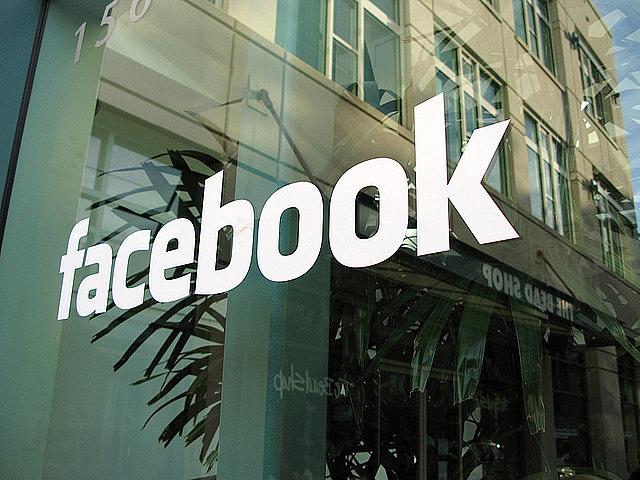Controversy simmers over Facebook’s 'emotional contagion' study

While most of America was occupied with July 4th weekend festivities, bioethicists across the country were online discussing the possible research ethics transgressions committed by the Facebook study of “emotional contagion” through social networks, published in the Proceedings of the National Academy of Sciences (PNAS).
As is well known by now, the study manipulated the news feeds of nearly 700,000 randomly selected Facebook users for a week in January 2012 by changing the number of posts with positive and negative content to see the effect on the emotional tone of users’ responses. The researchers, from Facebook and Cornell University, reported a small but statistically significant effect in which people who received more negative posts wrote more negative-seeming responses and those who received more positive posts responded more positively.
Questions have been raised about the methodology of the study and the validity of the conclusions, but the biggest question is whether the study violated research ethics protocols by failing to get informed consent from the Facebook users to participate. Commentaries in Slate, The New York Times, The Atlantic, Vox, and many other media outlets expressed outrage about the lack of consent. Several characterized the study as “creepy.” A roundup of many of the commentaries appears in KJS Tracker, a blog of the MIT’s Knight Science Journalism program.
The Facebook study exposed a fault line that has existed in bioethics for some time: a difference of opinion about whether social science and behavioral research should be subject to the same ethics standards as medical research, given that the former usually carries a lower risk of harm.
U.S. regulations of research involving human volunteers came about in response to research atrocities, such as the U.S. Public Health Service Tuskegee Syphilis Study. The regulations are issued by the Department of Health and Human Services and the Food and Drug Administration. Strictly speaking, these regulations don’t apply to the Facebook study. DHHS regulations apply only to federally funded studies, and FDA regulations apply to research involving drugs and other products that are subject to FDA approval. However, many universities and institutions that conduct federally funded research with human volunteers apply the DHHS rules to all of their research with humans, regardless of the source of funding.
That Cornell researchers were involved in the Facebook study raises the question of whether they should have abided by DHHS rules. Here’s what that would have looked like: an institutional review board (IRB) would have reviewed the study and decided whether informed consent was necessary, and if it deemed informed consent impracticable or unnecessary, it would have determined whether or not to grant a waiver and let the study proceed.
In an unusual editor’s note published weeks after the study and titled “Editorial Expression of Concern,” Inder M. Verma, editor-in-chief of PNAS, said that the Cornell University IRB determined that the project did not fall under Cornell’s Human Research Protections Program. Still, Verma acknowledged “that the collection of the data by Facebook may have involved practices that were not fully consistent with the principles of obtaining informed consent and allowing participants to opt out.”
Bioethicists parsing the case over the holiday weekend and beyond were divided about whether IRB review and informed consent were in order and even the extent of the risk that the study posed to participants. While some of those writing on a bioethics listserv said that there should have been IRB review because academic researchers were involved, others saw the Facebook study as little, if anything, more than market research for which informed consent is unnecessary.
“To me, the interesting question is whether, somehow, the ethical permissibility of market research changes when it is not used as it is usually used -- to guide marketing decisions – but is instead published in a scholarly journal,” says John Lantos, director of Children’s Mercy Bioethics Center in Kansas City, Mo., in a follow-up email interview. “I cannot see how that increases the risk to subjects.”
In the wake of the hue and cry over the Facebook study, the lead author apologized on (where else?) his Facebook page for the “anxiety” caused by the paper. “In hindsight, the research benefits of the paper may not have justified all of this anxiety,” he wrote.
With a complaint about the study filed with the Federal Trade Commission and investigations pending in Europe, there is bound to be more reporting on the controversy that the Facebook study has raised. Meanwhile, as of today, July 11, the study remains the most read article in PNAS.
Photo by Marco Paköeningrat via Flickr.
